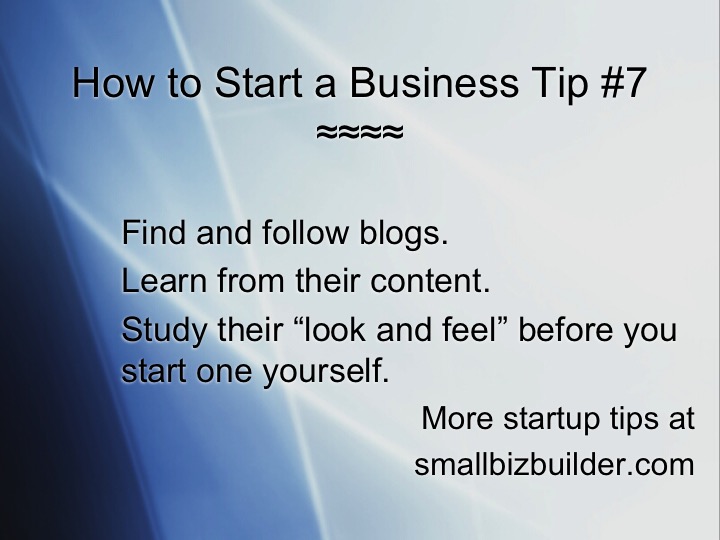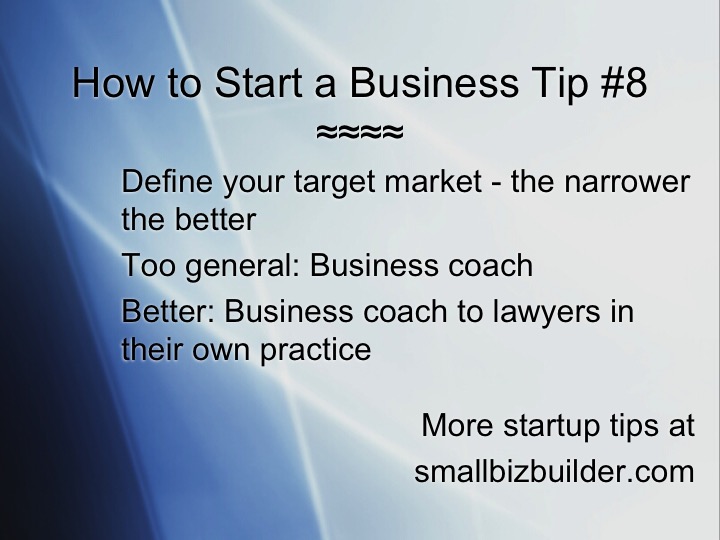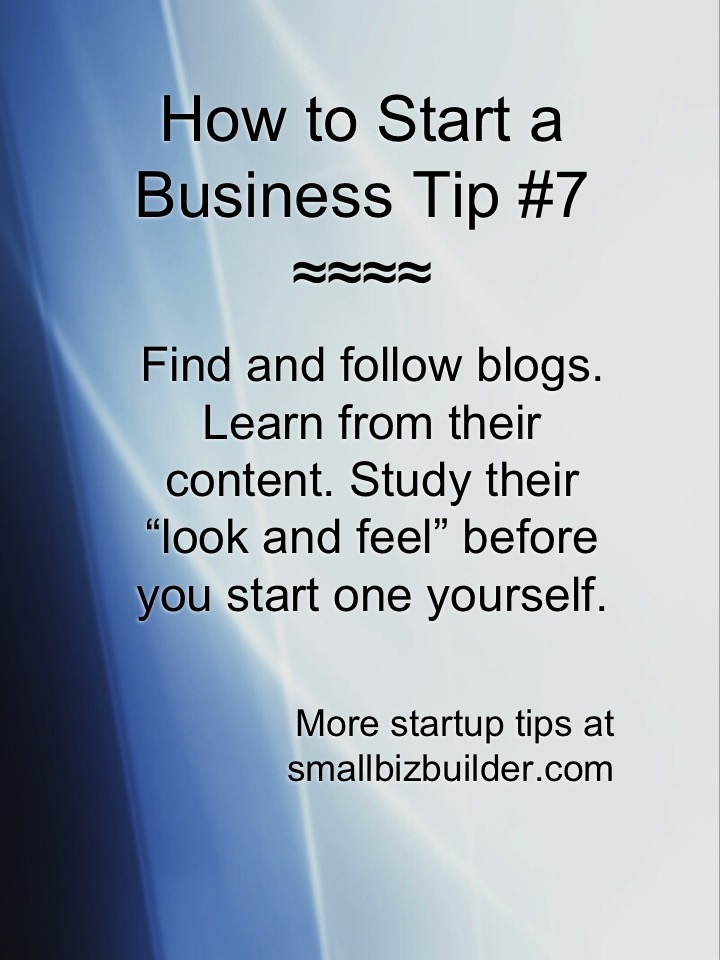
A blog or website is essential for business.
What is a blog?
A blog is a discussion or informational site consisting of individual entries called blog posts. Blogs have been around since 1993.
Here’s a definition that Darren Rowse of Problogger used from Wikipedia “A blog is a website in which items are posted on a regular basis. The term blog is a shortened form of weblog or web log. Authoring a blog, maintaining a blog or adding an article to an existing blog is called blogging”.
Individual articles on a blog are called “blog posts,” “posts” or “entries”. A person who posts these entries is called a “blogger”. A blog comprises text, hypertext, images, and links to other web pages, video, audio or other files….”
All businesses and many individuals have them.
Should you have a blog for your business?
Yes.
QUESTION: “If a blog is defined as a website and I need to have a website for my business, what’s the difference between a blog and a website?”
MY ANSWER: Simply put, a website costs more than a blog.
- It costs your time to decide what you want it to look like and the number and topics of pages to have.
2. It costs to hire a website developer and a copywriter if you don’t write your own content.
3. When you decide to have a website there are two more things you need to buy – a domain name (the name of your business or yourself) and a host (somewhere to keep it). The domain costs about $7 U.S. the first year but after that about $15 U.S. annually. The monthly hosting costs are anywhere from $7.95 U.S. to $14.95 U.S.
How do you find blogs ?
There are directories of blogs that you can go to. Go to google and type in “blog directories” and lists will come up. Each blog directory is good but choose the ones which publish to your target market.
How do you choose which blogs to follow?
Remember when I wrote about reading books I talked about how to choose them? Do the same thing for blogs.
- Study blogs about your topic. It’s professional development or Research and Development and it should be ongoing.
- Go beyond your topic. Stay at the leading edge. That’s how I learned about “neuromarketing”.
- Find blogs about how to start a business and how to market. Remember that you can’t know too much.
What to do when you find them
Take a helicopter approach to finding them. Then shadow some of those.
- Read them.
- Study the content.
- Learn from the “look and feel” of them. Does it attract you or not? What do you or don’t you like?
- Sign up for and follow a few. You can always unsubscribe.
- Look at their titles and what the author writes about.
Don’t start a blog yet.
Observe them to learn about blogging.
Then start your own blog – you can always create a website later and copy and paste or export the content to the blog there. In the meantime grow your business and direct people to your blog!
So … are you starting your business “on a shoestring”? You can do it by using a blog!
Choose a niche, write a business plan and a marketing plan for your business. Then have your own blog.
Comment here whether you’ve found blogs you like or whether this post is helpful to you. Let me know.
Originally posted February 27, 2012





